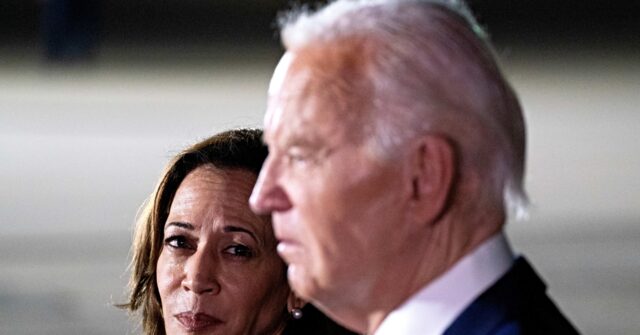In a recent interview, Rep. Andrew Clyde (R-GA) highlighted the prolonged delay of over 350 days in fulfilling a rifle order for Israel by the Biden and Harris administration’s State Department. The rifles, ordered shortly after the Hamas attack on October 7, 2023, are vital for the Israeli National Police (INP) to maintain law and order. Major American manufacturers such as Colt and Daniel Defense are behind these orders, making the situation even more pressing given Israel’s security concerns in the aftermath of heightened conflict.
Clyde explained that the shipment of these weapons is being held up due to the administration’s requirement of an “end user certificate,” which ensures that the arms will not fall into undesirable hands, specifically concerns regarding settlement forces in the West Bank. This political decision underscores the complexities surrounding arms exports to Israel, as the Biden/Harris administration expresses hesitance about the weapons potentially contributing to tensions in already volatile regions.
Despite these reservations, Clyde defended Israel’s track record in managing and securing military supplies, contrasting its approach with that of other nations, particularly referencing the withdrawal from Afghanistan. He stressed that Israel has historically maintained strict control over its weaponry, suggesting that there should be more trust in the Israeli government to ensure responsible armament usage and counter the narrative around potential misuse of these rifles.
Delving deeper into the logistics, Clyde emphasized the unusual nature of this delay, noting that the average approval time for military small arms export licenses typically stands at around 41 days. The extensive time frame of over 350 days for Israel’s order raises critical questions about the efficiency and motivations behind the administration’s handling of arms exports, particularly in wartime conditions where allies like Israel rely heavily on American support.
Clyde proposed that a significant factor contributing to the hold-up is the Biden/Harris administration’s alignment with certain societal pressures, including political pandering to anti-Semitic sentiments proliferating on university campuses, particularly in areas like Michigan. The suggestion is that the administration is wary of the political ramifications of providing arms to Israel at a time when there is heightened criticism of its policies, particularly concerning the West Bank and Gaza.
In conclusion, the stalemate regarding the rifle order for Israel illustrates the tension present within American foreign policy, particularly in contexts involving security assistance to allies amid complex geopolitical climates. Rep. Clyde’s assertions reflect broader concerns about how domestic political considerations can impact international security agreements, suggesting a need for a reassessment of the strategic imperative to support key allies decisively while balancing domestic political landscapes.

